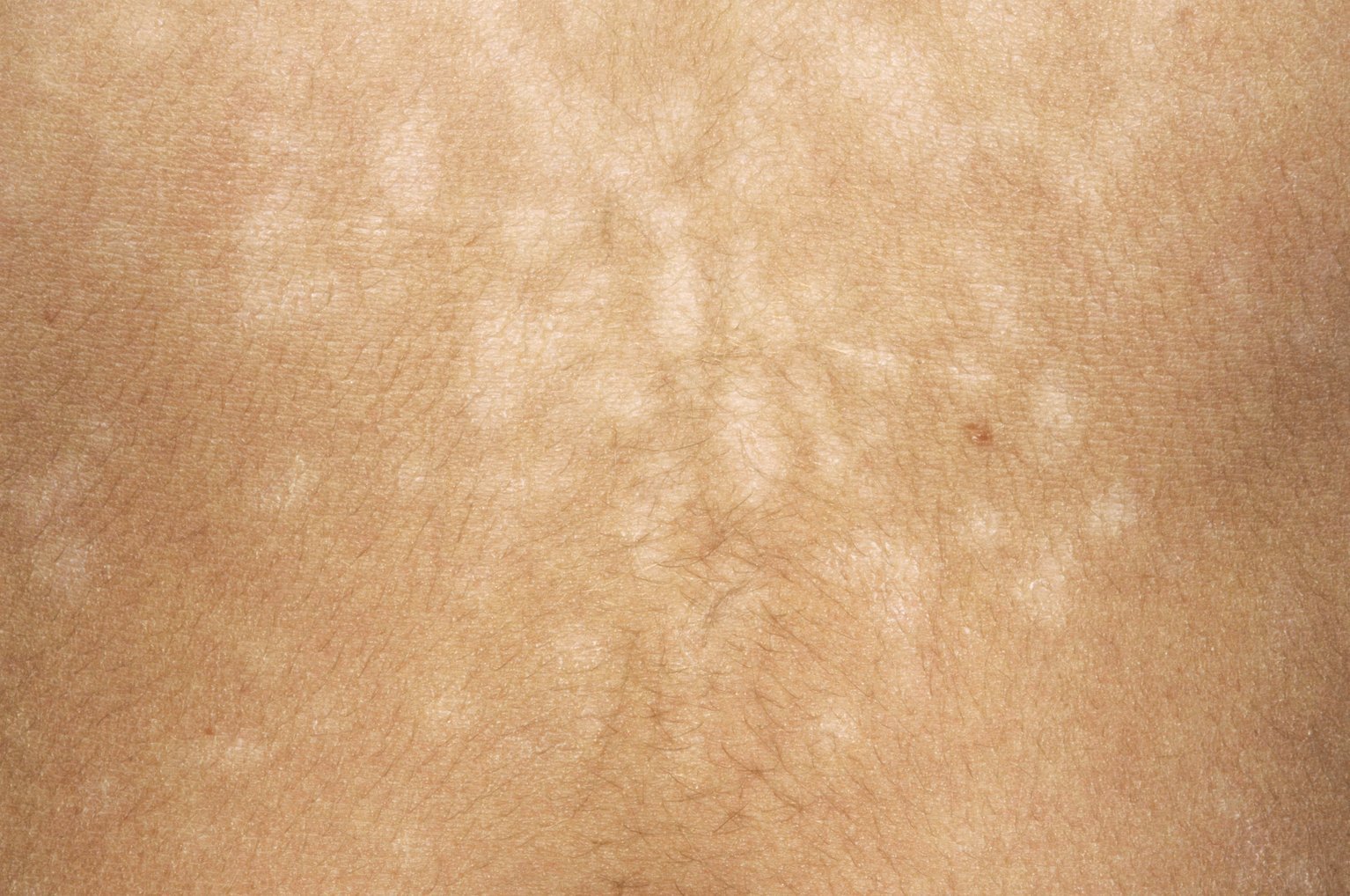Pityriasis Versicolor is a yeast skin infection characterized by tiny discolored patches. Also known as Tinea versicolor, pityriasis Versicolor stems from the overgrowth of a common fungus that colonizes our skin.
How Common Is It?
Although Pityriasis Versicolor can attack any part of the world, it is more common in areas with hot, humid climates. It is also more common in teens and young adults.
Why Do You Get Pityriasis Versicolor In The First Place?
You get Pityriasis Versicolor when your Malassezia, a fungus part of your skin flora, overgrows. Malassezia is a genus of fungi whose honorary members include M. furfur. M. globose and M. sympodialis.
Why Is Pityriasis Versicolor More Visible in Warm/Hot Weather?
In warm or hot weather, we are more likely to sweat. It is this sweat that makes our skin warm and moist, causing Malassezia to overgrow.
How Does It Appear on Different Skin Tones?
On darker skin tones, it appears as white or light tan. The story is different on lighter or paler skin where this fungal skin infection appears light, pink, or red.
How Should/Shouldn’t You Treat Pityriasis Versicolor?
Treatments for pityriasis Versicolor include antifungal cream and antifungal shampoo. The healthcare provider may also suggest antifungal tablets if the fungal skin infection covers a large area of your skin or antifungal cream and antifungal shampoo don’t deliver the expected results.
How Long Can Pityriasis Versicolor Last? Can It Reoccur?
Although pityriasis Versicolor clears faster when treated properly, the discolored skin patches retain their form for weeks or months. It is also important to note this yeast skin infection can reoccur, especially when you stick to one treatment.
- Learn to Enjoy Self-care Routine - September 21, 2023
- Jonathan Aufray’s Story - July 29, 2023
- From Public Housing To Ivy League: The Inspiring Journey of Crystaltharrell.com and its Founder - June 7, 2023






